4C EUDR Solution
Navigating EUDR with 4C

4C offers comprehensive support for EUDR compliance.
From 30 December 2026 (for large and medium companies, + 6 months for SME traders and operators), EU requires that, among others, coffee and cocoa commodities are deforestation free and produced in accordance with national laws of the country of production.
What is EUDR?
EU Deforestation Regulation (EUDR)
EU Deforestation Regulation (EUDR)
As a major global economy and consumer of commodities linked to deforestation and forest degradation, such as coffee and cocoa, the EU recognises its responsibility in addressing this global issue. The EU Deforestation Regulation (EUDR) establishes a legal framework to combat deforestation by ensuring that exports and imports are both deforestation-free and compliant with local laws.
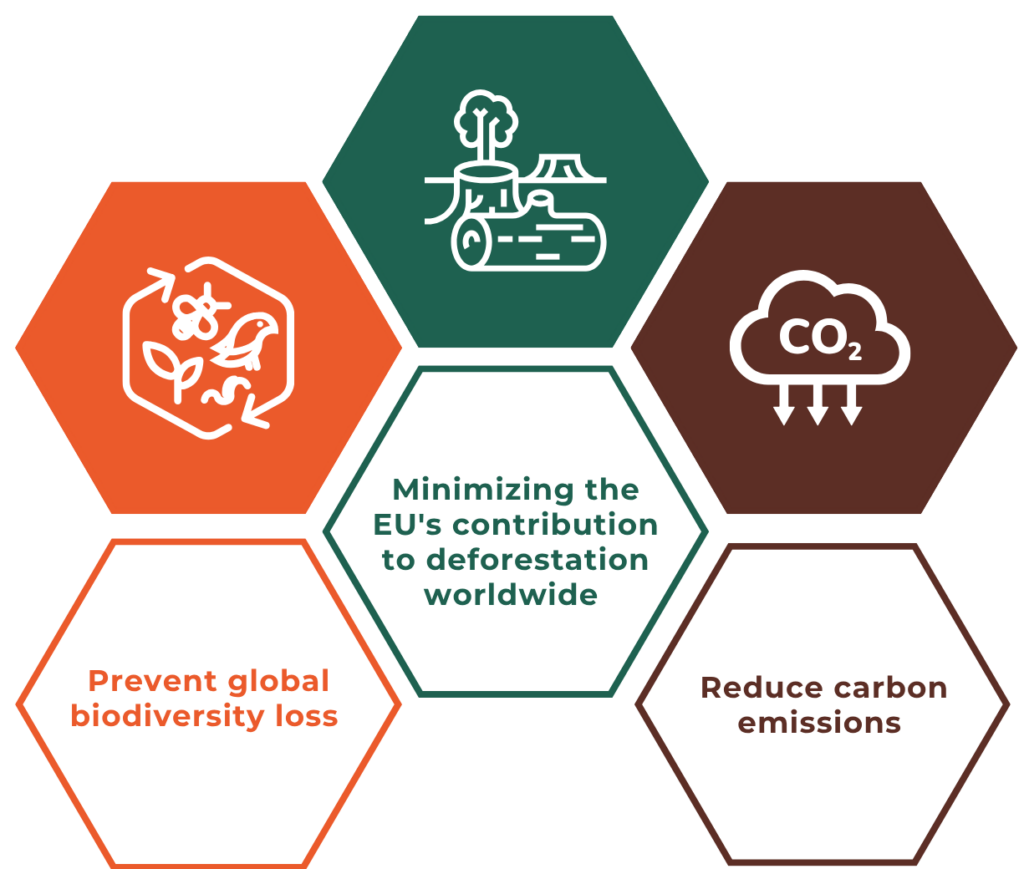
Scope

Products placed on the EU market shall be:

Deforestation-free
(produced without contributing to deforestation after 31 December 2020).

Legal
(in compliance with the relevant laws of the country of production).
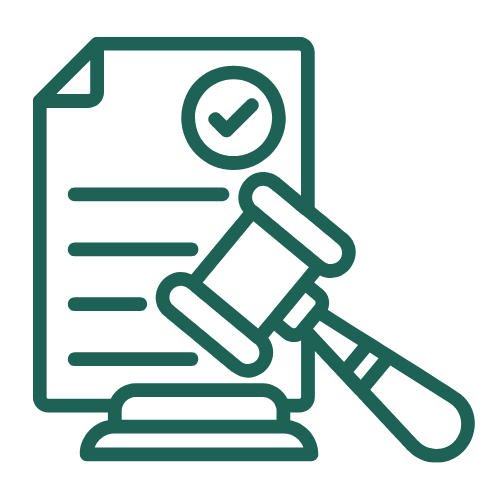
Traceable
(Geolocation data of the area of production must be available).
Due Diligence

Producers
Must ensure compliance with no-deforestation practices.
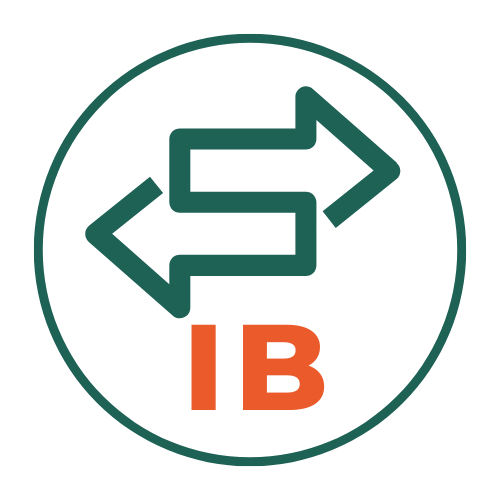
Traders and Importers
Must conduct due diligence to prove the supply chain is deforestation-free.
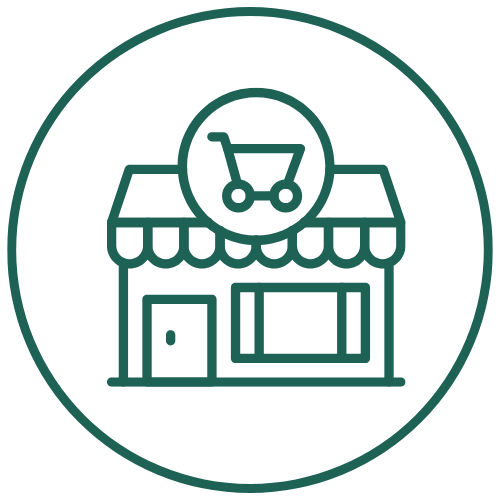
Retailers
Must verify that products they sell meet EUDR requirements.
Consult the official EUDR regulation on the European Union website.

Key Updates from EU
Just in time before the previously planned application date of 30 December 2025, the European Parliament and Council have formally adopted the revised EU Deforestation Regulation (EUDR). With this decision, the start of application is postponed by 12 months, starting on 30 December 2026 for medium and large companies and on 30 June 2027 for micro and small enterprises. The agreement has been published in the Official Journal of the EU, which means it is now legally in force and replaces the previous EUDR text.
At 4C, we remain at your side to support you on your EUDR journey — from understanding the requirements to implementing practical solutions.
The European Parliament and Council have reached an agreement on the targeted revision of the EU Deforestation Regulation (EUDR). Following the European Commission’s proposal in mid-October, both institutions adopted similar positions and now successfully concluded trilogue negotiations. The main elements of the agreement are:
– New application dates:
o Medium and large companies: 30 December 2026
o Micro and small enterprises: 30 June 2027
– Only the operator who first places the product on the EU market (e.g., importer) must complete due diligence and submit the due diligence statement.
– The first downstream operator needs to collect and store the reference number of the due diligence statement that was issued by the operator first placing the product on the market. Passing it down the entire supply chain is not required as it was initially proposed by the EU Commission.
– Micro and small primary operators only need to submit a one-time declaration, the declaration identifier received will be sufficient for traceability purposes.
– EU Commission shall provide a report on potential additional simplifications by 30 April 2026 and where appropriate be accompanied by a legislative proposal.
The agreement now needs to be formally adopted by both institutions. Once published in the Official Journal of EU it will replace the text of the current EUDR.
Even with this postponed timeline, the core obligations remain: Products must be deforestation-free, legally produced, and traceable.
Our 4C EUDR solution supports you meeting these requirements efficiently and reliably. Learn more about our 4C EUDR solution and ensure your supply chain is ready.
Following the European Commission’s proposal for targeted changes to the EU Deforestation Regulation (EUDR) in mid-October, the legislative process is moving forward.
After the Council’s vote in mid-November and the Parliament’s vote last week, both institutions have adopted their positions on the proposed amendments. With this, trilogue negotiations between the EU Commission, Council, and Parliament can begin to define the final text. For the amendments to apply, the revised regulation must be published before 30 December 2025. Otherwise, the EUDR will enter into force as currently written.
The position of EU Parliament closely mirrors that of the EU Council. Key points are:
- Proposal for a 12-month postponement: Application start for medium and large companies on 30 December 2026, and for micro and small enterprises on 30 June 2027
- The new categories introduced by the Commission remain, but with some adjustments: Only the first downstream operator would need to receive the reference number of the due diligence statement (DDS); no further passing down in the supply chain is required
- A simplification review by the EU Commission is requested by April 2026, with the presentation of a report, and potentially leading to a further simplification proposal
While timelines may shift, the core obligations remain unchanged: Products must be deforestation-free, legally produced, and traceable.
Our 4C EUDR solution continues to provide a practical and reliable approach for meeting these requirements. We are continuously improving our tools and are here to support companies at every step. Therefore, we recommend that if you haven’t started implementation yet, start now to ensure readiness and minimise your risks.
We will keep you updated as trilogue negotiations progress and the final text is adopted.
The European Commission has published a proposal introducing several targeted changes to the EU Deforestation Regulation (EUDR), aimed at facilitating a smoother rollout while maintaining its core objectives. This follows previously made public considerations to postpone the start of application by another year. The key changes focus on implementation timelines and introducing new simplified categories to reduce data load in the EU Information System.
Timeline:
- Application for medium and large companies remains 30 December 2025, with a 6-month grace period for checks from 30 June 2026.
- Application for micro and small enterprises to be postponed to 30 December 2026.
Suggested Simplification Measures:
- Introduction of micro- and small operator and downstream operator as new actor categories to reduce the number of due diligence statements submitted.
- Micro- and small operators in low-risk countries producing products themselves would provide a one-time simplified declaration.
- Downstream operators would be exempt from issuing their own due diligence statement, subject to registration and traceability obligations.
The proposal is now subject to discussions by the EU Parliament and Council, followed by trialogue negotiations. Formal adoption by both institutions is required before the changes come into effect.
For more information here.
- No coffee or cocoa producing countries are classified as high risk.
- Simplified procedure for operators sourcing from low-risk countries (e.g. Vietnam) as less extensive risk assessment and mitigation is required.
Find more information here.
- Simplifications for downstream operators reducing administrative burden.
Updated Guidance Document & FAQs (15.04.2025).
- Proposal to take sample of products out of scope (e.g. coffee samples send for quality and flavour profile checks).
Find more information here.
4C has proactively adapted its system to be fully aligned with EUDR requirements, building on its existing standard and due diligence framework, and has introduced a One-Stop EUDR solution for its system users.
We support EU importing operators and producers with a tailor-made approach to fulfil EUDR requirements. Combining the 4C certification with advanced geo-analytics from our partner organisation Global Risk Assessment Services (GRAS) provides a comprehensive risk assessment framework.
Risk Assessment
Our 4C EUDR solution leverages state-of-the-art remote sensing technology to monitor deforestation and land use change, providing robust risk analysis through satellite image interpretation. This is enhanced by data on national legislation, human rights statistics, indigenous peoples’ claims, corruption indices, law enforcement, and land conflicts.
Legality
Legality is assured through the 4C Code of Conduct and on-side audits, ensuring producers operate within the bounds of local and international regulations. This is further supported by tailored EUDR self-assessments and self-declaration for the 4C Unit.
Traceability
Traceability – a crucial part of the 4C certification – is achieved by capturing and documenting all supply chain transactions within the secure 4C Portal. Only physical segregation along the supply chain is allowed within the 4C System, preventing mixing with products from unknown origin.
Compliance Report
To simplify reporting, our platform generates ready-to-upload geodata files in the required format for the EU Information System TRACES. Third-party certification combined with geo-analytics form the foundation for a strong due diligence case – bridging the gap between advanced technology and real-world on-the-ground expertise.
4C EUDR One-Stop-Solution
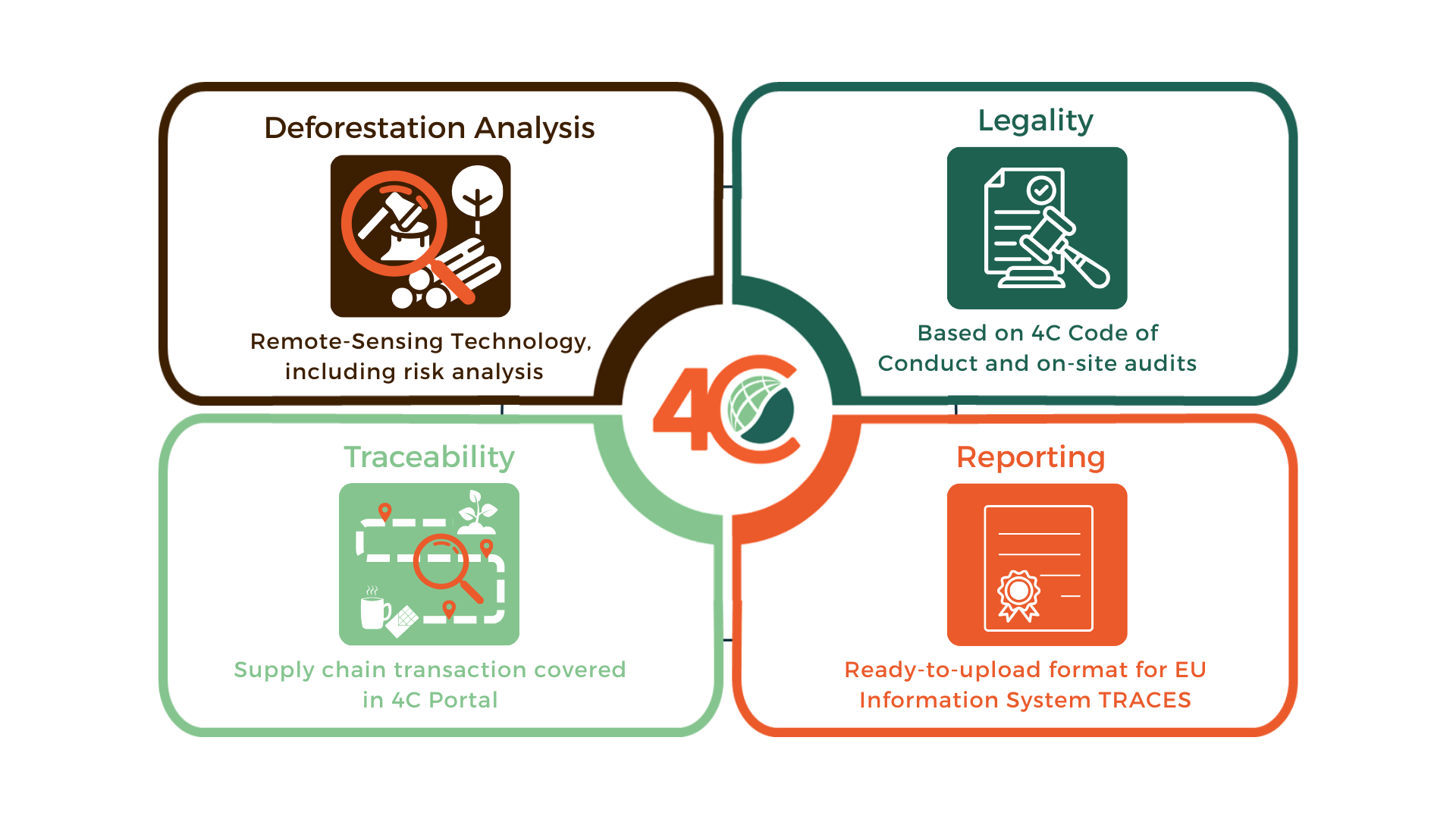
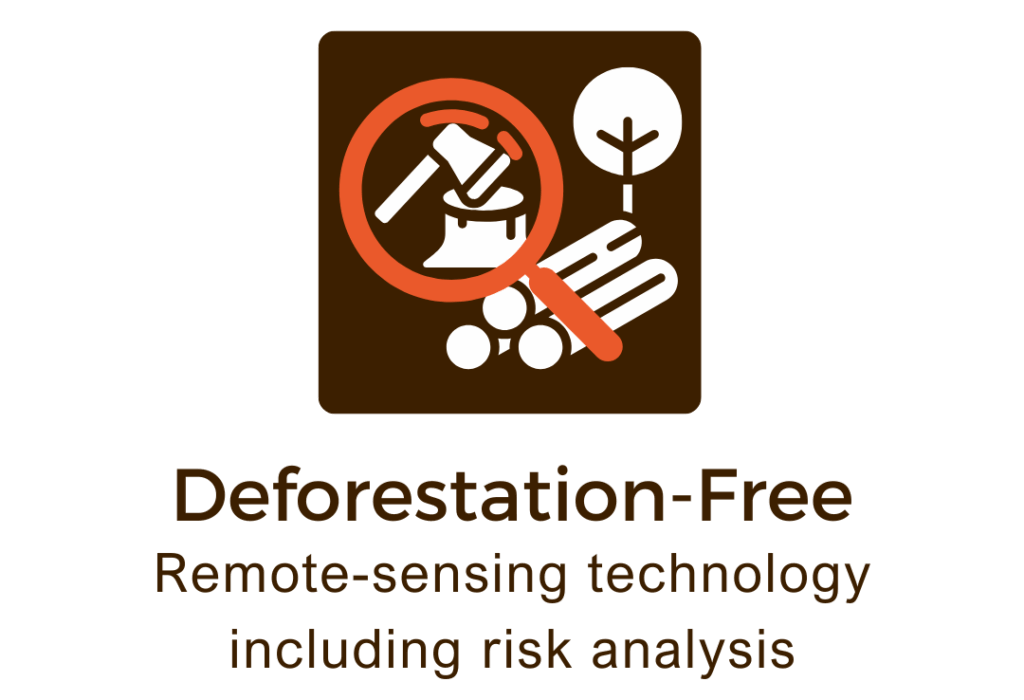
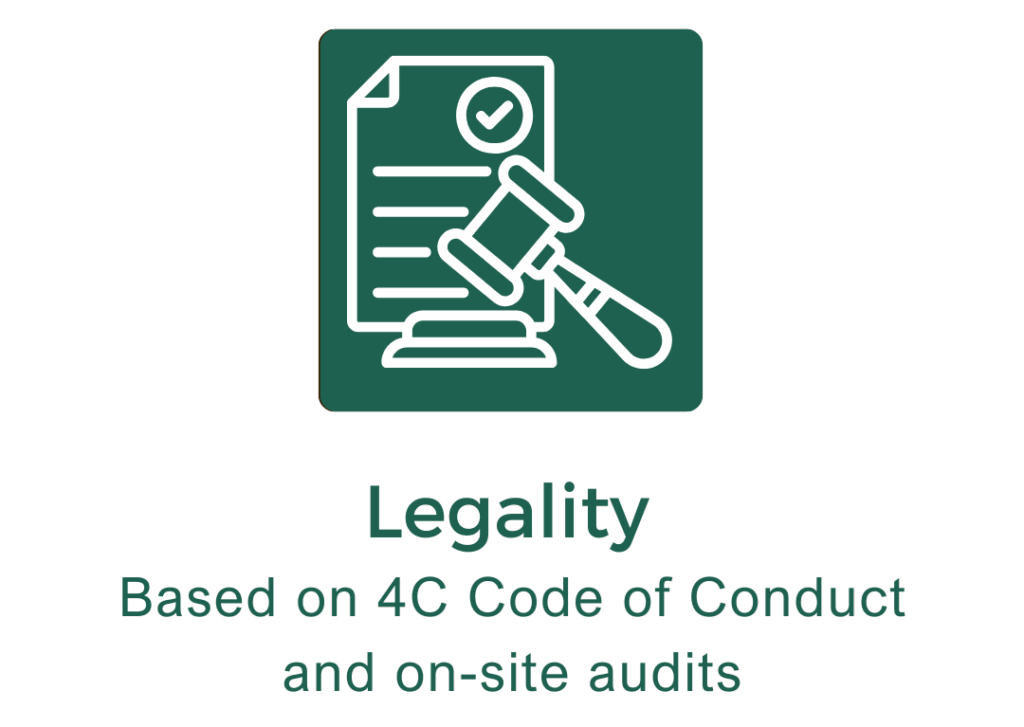
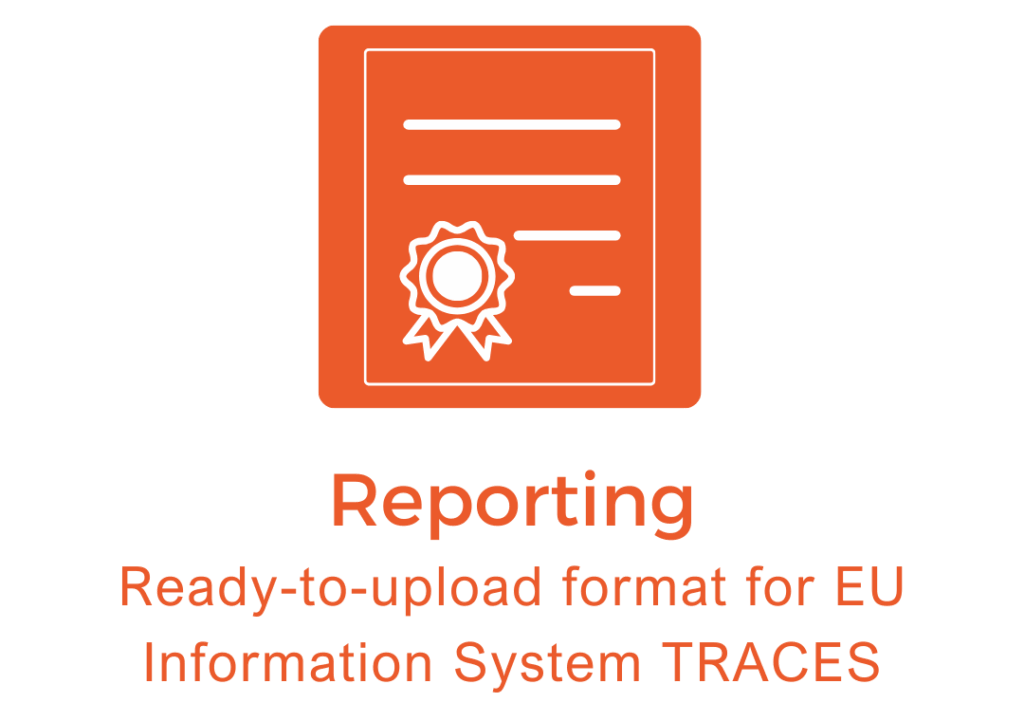
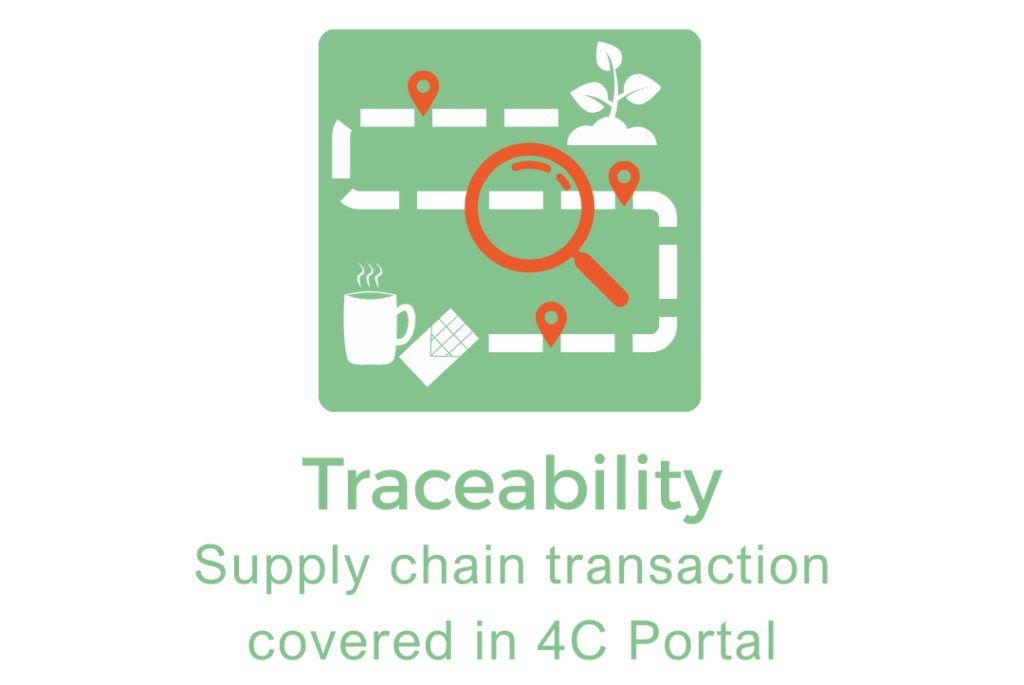
Support from Origin to Market
Support for Producers on 4C Unit Level

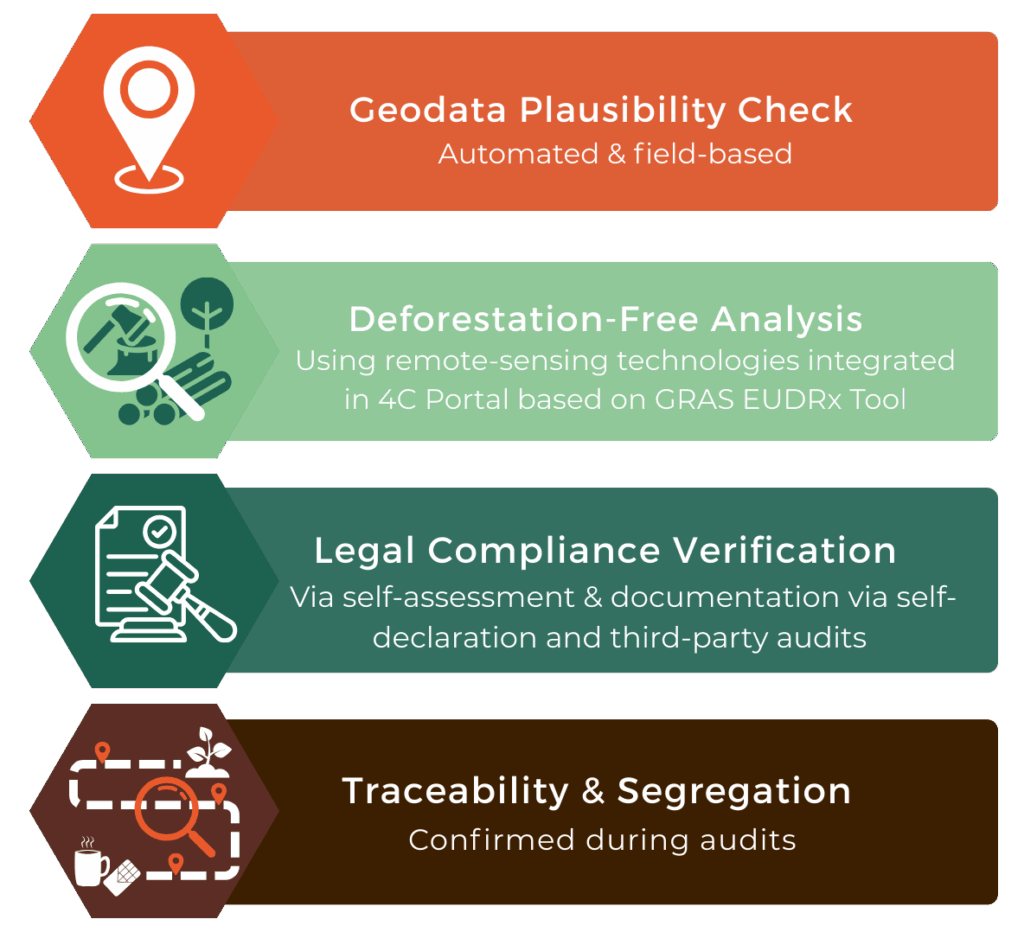
Support for Operators (IB and FB)

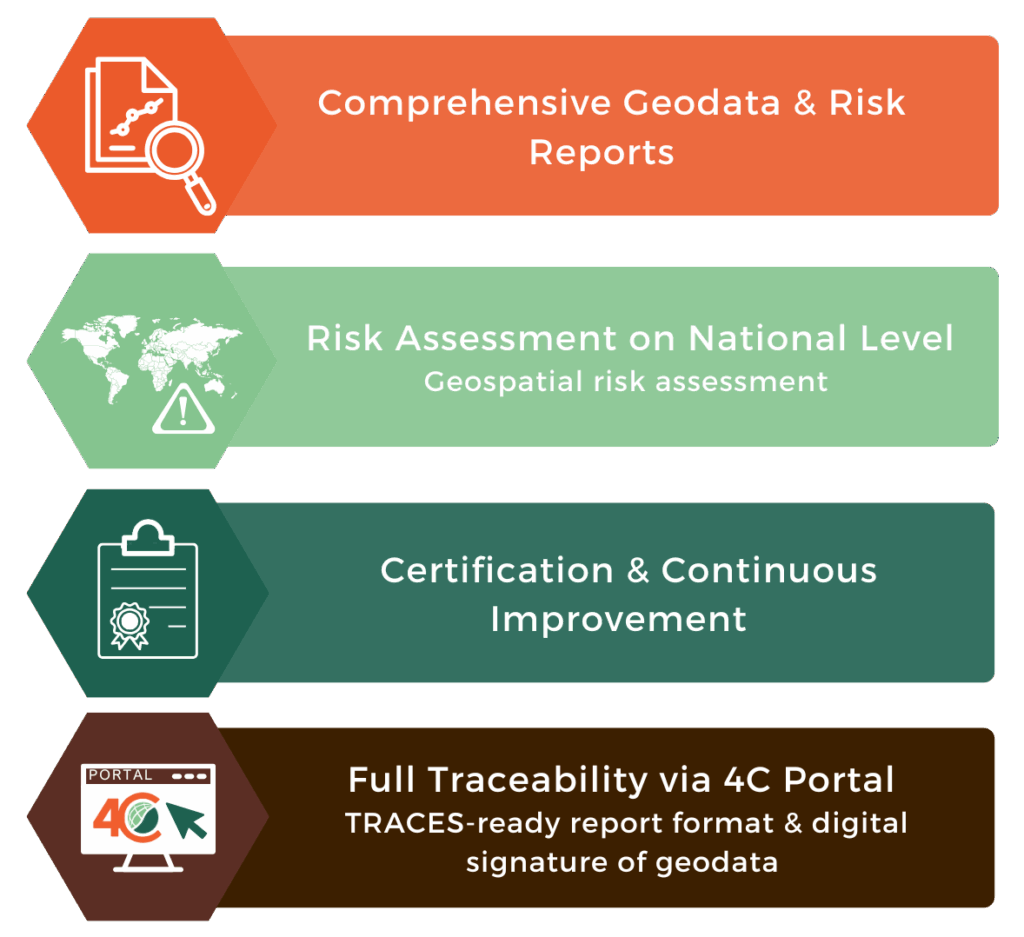

Further Information
You can find in our Document Library the following documents:
4C guidelines for geodata collection.
Regulation for 4C certified EUDR coffee.
4C Code of Conduct.
In case of any questions: